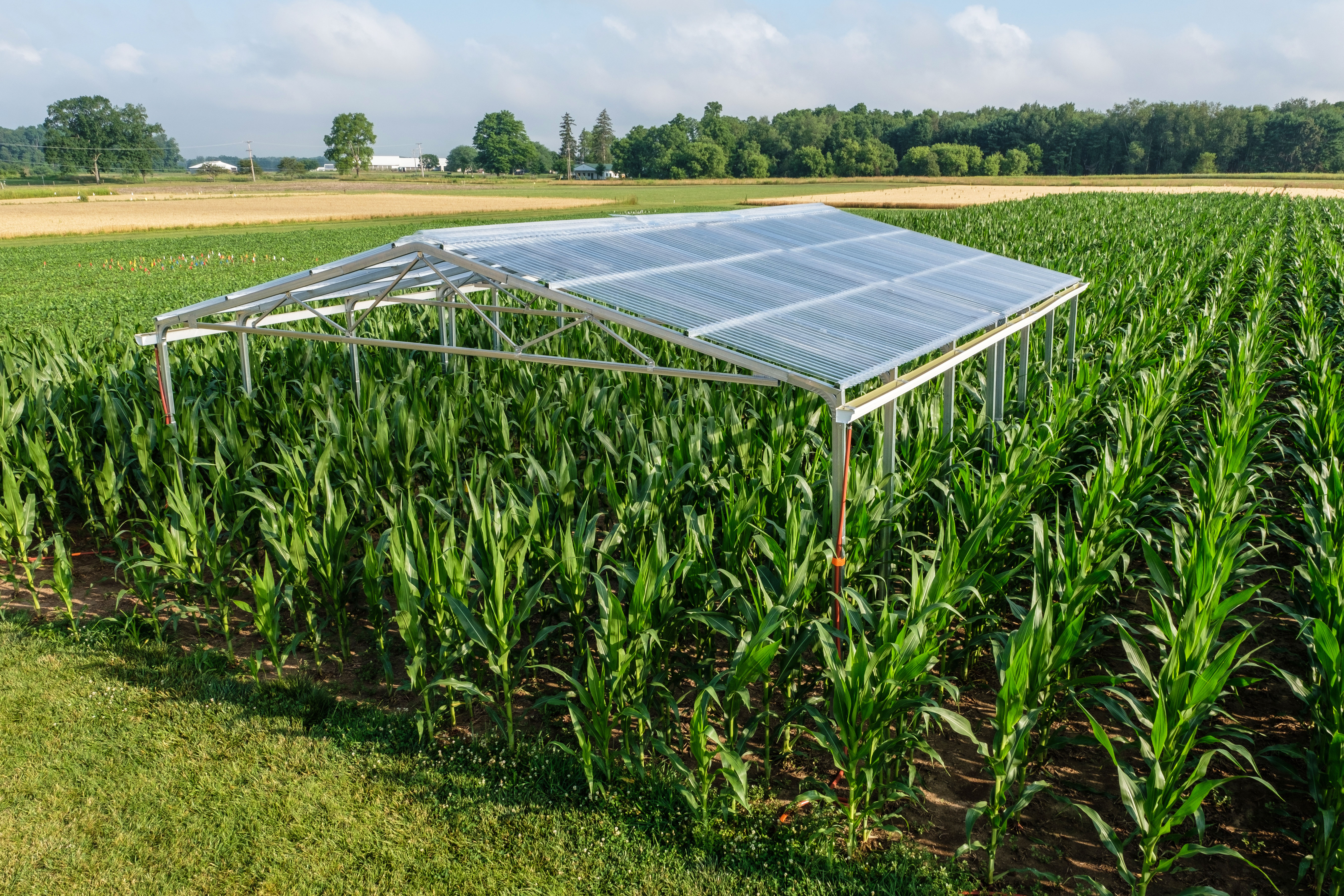MSU researcher earns NSF grant to study effects of droughts
Michigan State University biologist Sarah Evans has received a three-year, $1.4 million grant from the National Science Foundation's Division of Environmental Biology to study the effect that droughts have on soil and the carbon cycling process a critical determinant of carbon dioxide in our atmosphere and future climate change.
Drought threatens ecosystems and crop production worldwide and will become more frequent in the future in many regions. Soils store four times more carbon than plants and animals and emit more carbon than human causes. This ability to store carbon makes soils more fertile and combats climate change by keeping carbon dioxide out of the air. Drought is likely to change storage in soils, but it's unclear how. The "how" is critical for making accurate predictions of climate change, "if drought causes soils to store less carbon, it could become a vicious cycle that affects both climate and agriculture," said Evans, lead investigator on the grant, which begins Sept. 1.

A rainout shelter excludes rainfall at the Kellogg Biological Station Long Term Ecological Research Site. This project uses rainout shelters all over the world to examine the effect of drought on carbon cycling in a standardized way. Photo Credit: K. Stepnitz, MSU
"A cool thing about this grant is that I've been thinking about some of these ideas since my Ph.D. program," said Evans, an assistant professor who holds appointments in the Departments of Integrative Biology and Microbiology and Molecular Genetics and Ecology, Evolution, and Behavior Program, and is an MSU Kellogg Biological Station faculty member. "But at that time, I worked in one or two locations, and now we are sampling all over the world so we can improve carbon models"
Evans and her team will study how soils respond to a lack of rainfall and hope to create predictive models to assist in sustaining ecosystems, crop production and even combatting climate change. A key element of this study is the use of an existing network of drought experiments.
Read more at MSU Today.



